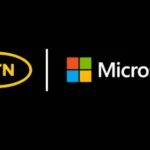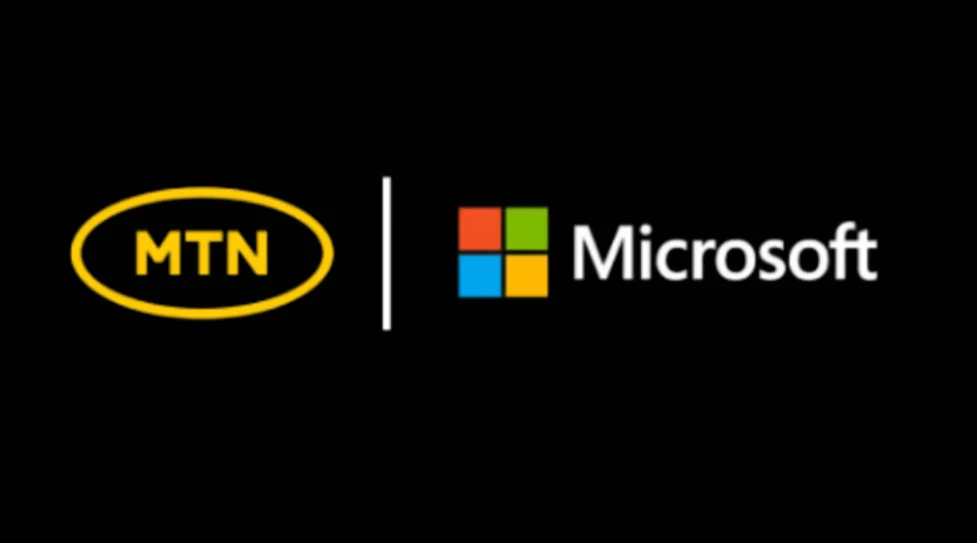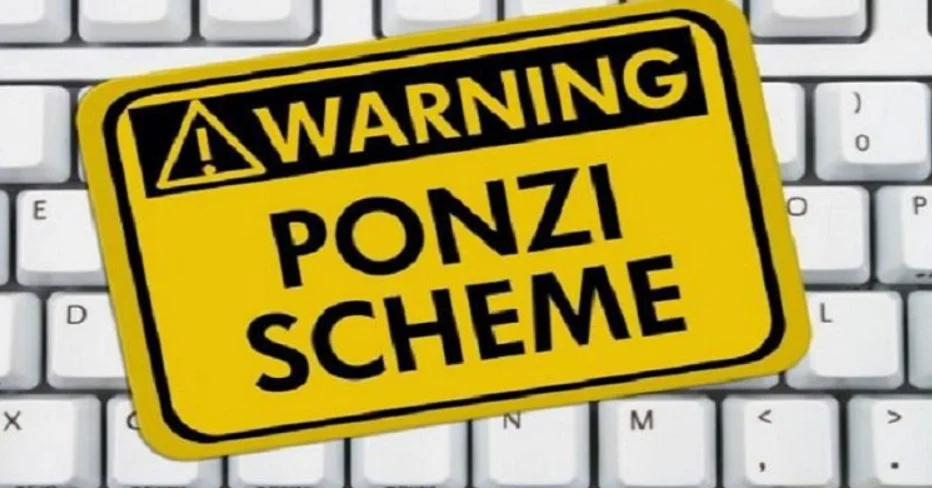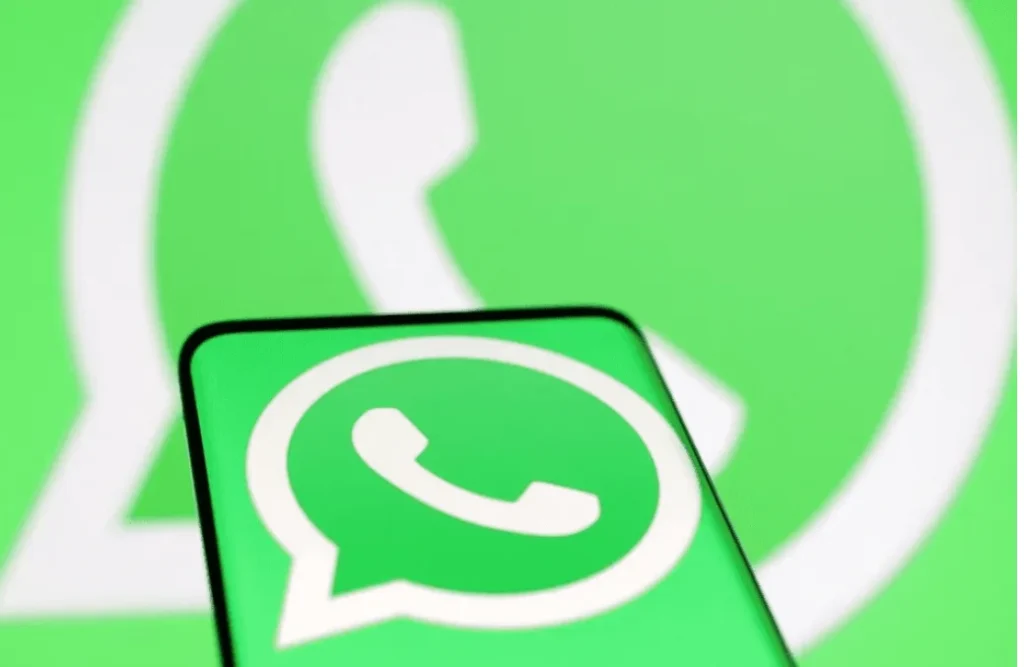Foreign lawyers representing the Democratic Republic of Congo (DR Congo) have received Apple’s decision to stop obtaining its minerals from the country amidst the illegal exploitation conflicts. The lawyers added that this does not halt their lawsuit against the tech giant’s subsidiary in France and Belgium.Recall that two days ago, Technext reported that DR Congo filed a criminal suit against Apple subsidiaries – Apple France, Apple Retail France, and Apple Retail Belgium – in Europe. The Central African country accused the tech firm of exploring conflict minerals in the countries for its supply chain.
Recall that two days ago, Technext reported that DR Congo filed a criminal suit against Apple subsidiaries – Apple France, Apple Retail France, and Apple Retail Belgium – in Europe. The Central African country accused the tech firm of exploring conflict minerals in the countries for its supply chain.
The Country is a major source of tin, tantalum, and tungsten (3T minerals) used in computers and mobile phone production. Meanwhile, the United Nations and some human rights groups have warned that some artisanal mines are illegally exploited by armed groups. These groups often involve in mass rapes, massacres of civilians, looting and other crime.The lawyers argue that Apple used minerals pillaged from Congo and laundered through its international supply operations thereby connecting the tech company to crimes taking place in Congo
In a new development, Apple has instructed its suppliers to avoid the minerals in question which are sourced from Congo or Rwanda. Reacting to this, international lawyers representing Congo said on Wednesday that they welcomed that statement with “satisfaction and caution.”
Apple’s statements about changes to its supply chain will have to be verified on the ground, with facts and figures to support them. Apple’s statements do not change the past and the crimes that are alleged to have been committed,” the lawyers said while adding that it was now up to the French and Belgian judges to rule on the case.Meanwhile, no comment has been made from either country’s prosecuting authorities.
Meanwhile, no comment has been made from either country’s prosecuting authorities.While disputing the claims and separating itself from any illegal mining activity, Apple claimed that it does not directly source primary minerals but ensures proper auditing of suppliers, publication of findings, and funding of bodies are done to improve mineral traceability.
As conflict in the region escalated earlier this year, we notified our suppliers that their smelters and refiners must suspend sourcing tin, tantalum, tungsten, and gold from the DRC and Rwanda,” the company said on Tuesday. However, it didn’t specify when suppliers were informed.The company also noted that it made the decision out of its realization that such trade does not conform to its standards. “We took this action because we were concerned it was no longer possible for independent auditors or industry certification mechanisms to perform the due diligence required to meet our high standards,” the company added.
Apple again emphasized that the majority of the minerals in question in its phones and computers are recycled.
Details about the complaint against Apple
In a complaint filed to the Paris prosecutor’s office and a Belgian investigating magistrate’s office on Monday, Congo accused Apple’s local subsidiaries in Europe of several offences
The complaints range from covering up war crimes and the laundering of tainted minerals, handling stolen goods, and carrying out deceptive commercial practices to assure consumers that supply chains are clean.“It is clear that the Apple group, Apple France, and Apple Retail France know very well that their minerals supply chain relies on systemic wrongdoing,” says the French complaint, after citing U.N. and rights reports on the conflict in the east of the country.
In the complaints prepared by the lawyers on behalf of Congo’s justice minister made allegations not just against the local subsidiaries but against the company as a whole.Congo’s Belgian lawyer, Christophe Marchand felt that Belgium had a particular moral duty to act as the looting of Congo’s resources began during the 19th-century colonial rule of its King Leopold II. “It is incumbent on Belgium to help Congo in its effort to use judicial means to end the pillaging,” he said.
Since the 1990s, Congo’s mining in the east has been threatened by a series of fighting between armed groups in neighbouring Rwanda and the Congolese military.The struggle for the illegal mining of minerals has always been the main driver of conflicts between armed groups. According to UN experts and Amnesty – a human rights organization, they finance themselves with proceeds of exports, often smuggled via Rwanda. However, the country denied benefiting from the trade
Earlier in April, foreign lawyers representing the country claimed that they had evidence gathered from whistleblowers that Apple could be mining minerals from conflict regions in the east of Congo. In addition, they argued that Apple uses minerals exploited from Congo and laundered through international supply chains. This they say proves the firm’s involvement in the crimes taking place in Congo. The lawyers demanded the company to respond to the allegations or face strict legal actions.
In addition, they argued that Apple uses minerals exploited from Congo and laundered through international supply chains. This they say proves the firm’s involvement in the crimes taking place in Congo. The lawyers demanded the company to respond to the allegations or face strict legal actions.In response to the allegations, the tech giant in its 2023 filing on conflict minerals to the U.S. Securities and Exchange Commission argued that none of its smelters or refiners of 3T minerals or gold had benefited or financed a group in Congo or neighbouring regions.












